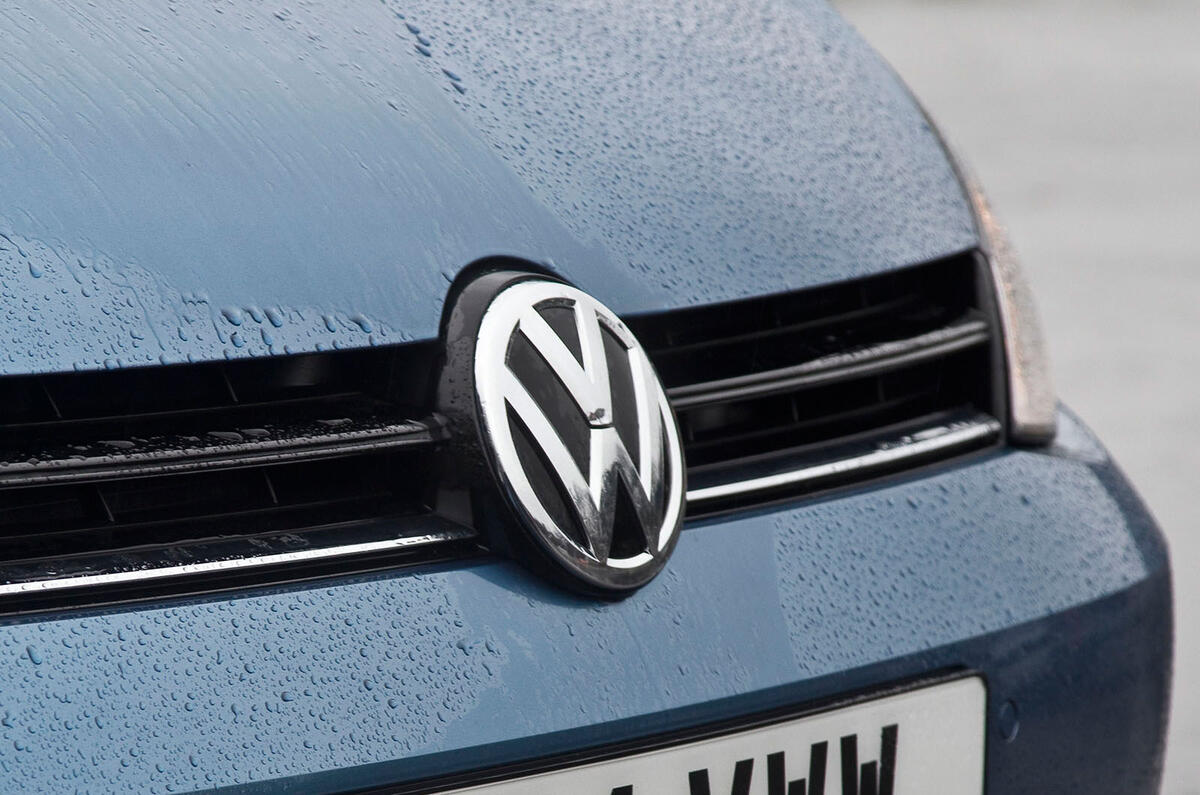It’s clear there needs to be big change in the coming weeks and months in light of the Volkswagen emissions scandal that has dominated headlines in recent days, but what form that change will come in is not yet clear. These are the crucial questions that will be discussed and addressed as the matter unfolds.
So why did VW cheat the system?
For commercial reasons is the best analysis available now, according to expert sources. Complying fully with the EPA test would have reduced the performance and economy of the Golf, Jetta and Beetle. VW’s models in the US compete in the cut-throat volume market where good fuel economy and performance is vital. Other German rivals that sell diesel cars operate in a more expensive segment where mpg economy figures are not such a barrier to sales.
Can VW’s 2.0 TDI pass the US test?
Experts say yes. The EA189 engine uses a lean NOx trap (LNT) to store oxides of nitrogen, which are then burnt off in a purge cycle. This technology is widely used and works. BMW, for example, one of whose diesel models was singled out as fully compliant in real-world tests in the EU, use an LNT.
Will VW retro-fit cars be affected?
We don’t yet know. However, the cost of recalling models and re-programming them will cost hundreds of millions of dollars. The big question is whether this cost is worth bearing if, as seems likely, US consumers turn their backs on VW diesels.
So what cars will VW sell in the US?
In the short term, it will have to move to a petrol-only line-up, and rip up its entire diesel-based sales strategy. Another option is to rush plug-in hybrid powertrains, which VW badges as GTE, into production in VW’s two main North American plants, in Mexico and Tennessee. However, establishing a supply chain will take at least 18-24 months, according to Cardiff University Business School professor Peter Wells. The technology is still expensive, so VW’s sales will likely suffer. Another option is to build Audis, but their volumes are small in comparison.
What does this mean for diesels in Europe?
The importance of diesel — it was 53% of the EU market last year compared with 3% in the US — suggests lurid ‘death of diesel’ headlines are simplistic, at best. However, diesel is definitely under political pressure and the industry needs to emphasise its strong points much more firmly. Car buyers know their advantages and many will continue to buy diesels.





Join the debate
Add your comment
WLTP